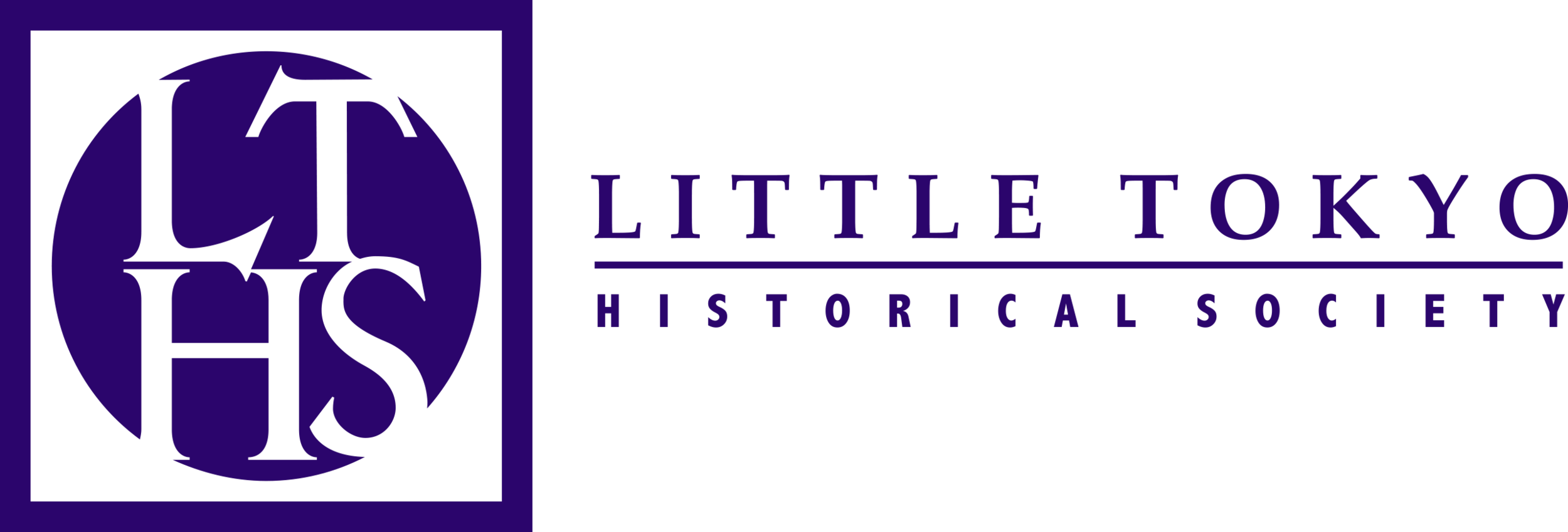Little Tokyo Historical Society Releases Biography on Japanese American Civil Rights Leader Sei Fujii
FOR IMMEDIATE RELEASE
October 6, 2021
LITTLE TOKYO HISTORICAL SOCIETY RELEASES BIOGRAPHY ON JAPANESE AMERICAN CIVIL RIGHTS LEADER SEI FUJII
A Rebel’s Outcry honors legacy of Japanese American human rights activist and community leader, with lessons for the civil rights struggle today
Los Angeles, Calif. – Little Tokyo Historical Society, a nonprofit organization focused on documenting and preserving Japanese American history and heritage, is releasing A Rebel’s Outcry, an illustrated historical biography of civil rights leader Sei Fujii (1882 – 1954). Through source material including a recently unearthed biography originally written in Japanese, historical photographs and interpretive art, the book details Fujii’s lifelong fight against xenophobia and discrimination in Southern California and his work as a social justice activist, unionizer and community leader. The book is currently available for pre-order and is scheduled to be available in December
Fujii is best remembered for his work in helping to overturn the California Alien Land Law in 1952 - legislation targeting Japanese immigrants that prohibited them from purchasing and leasing land - as well as founding one of the first Japanese-American newspapers, the Kashu Mainichi (California Daily News) – a story detailed in the award-winning short film Lil’ Tokyo Reporter.
Through personal stories, compelling narratives and powerful images and photographs collected over ten years of research including interviews with Fujii’s family in Japan, the book highlights Fujii’s other often-overlooked contributions to the civil and human rights movement in Southern California. Examples include bringing justice to immigration officers involved in immigration extortion rings, fighting for the right for farm workers to unionize, and helping Japanese Americans to gain the right to establish hospitals in Los Angeles after being denied treatment during the Spanish Flu pandemic in 1918.
“The xenophobia, discrimination and violence that Fujii faced echo many of the same challenges we face today,” said Carole Fujita, project lead and LTHS member. “Sei Fujii’s journey and his fight for civil and human rights is not just an intriguing part of the history of Los Angles and the Japanese American community, it’s an empowering message for social justice and civil rights advocates today.”
Fujii immigrated to the United States when he was 21 and graduated from the USC School of Law, but due to discriminatory laws he was unable to receive a license to practice law. In 2017, after years of advocacy and support from the Japanese American community including LTHS, the Japanese American Bar Association, and J. Marion Wright, a fellow USC law graduate that worked with Fujii for 40 years, the California Supreme Court granted Sei Fujii an honorary membership in the State Bar of California.
“Sei Fujii’s journey represents the period from Asian Exclusion to Inclusion, and his
fight to provide rights for the generations of immigrants who thrive in California today,” said Jeffrey Gee Chin, Project Lead and LTHS member. “His story is a catalyst and model for fighting for and defending our civil rights and shows us that meaningful and lasting social and political change is possible.”
To learn more about Sei Fujii and to pre-order a copy of A Rebel’s Outcry, visit the Little Tokyo Historical Society website. Also, follow the LTHS Instagram and Facebook pages for updated information about upcoming book launch events.
Publication of this book is sponsored by Union Bank and UCLA Asian American Studies Center and the George and Sakaye Aratani Community Advancement Research Endowment.
####
Contact:
Marisa Nakada
marnakada@gmail.com
424.220.9504
About Little Tokyo Historical Society: LTHS was launched in 2006 by members of the Little Tokyo community including nonprofit organizations, business owners, activists, residents, researchers and history buffs. LTHS is a 501 (c) (3) nonprofit all-volunteer organization committed to documenting Japanese American and Japanese history and heritage through various means such as discovered archival collections, vintage photos, and advocating for Historical-Cultural monument designations, and dedicated naming sites. LTHS shares its findings through exhibits, publications, video, programs and workshops.
